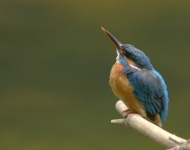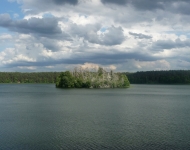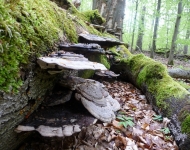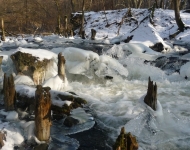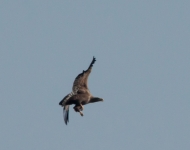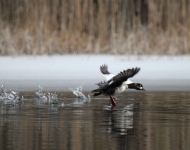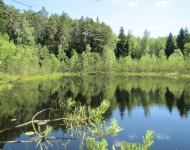Workshop series
Ecological education – event series:
Earth Days
Every year, on the 25th of April, an Earth Days event is being organized by the Ministry of Environment. The representatives of different National Parks of Poland come to the Warsaw’s Pola Mokotowskie to show their park’s nature.
In 2003, the Drawa National Park presented River Drawa, and this year particularly – the mid-forest meadows. This expo is very popular – several thousands Warsow residents come to visit.
Cleaning-up of the World
The Drawa National Park is coordinating some litter-picking activities in the Drawno community. The big cleaning-up takes place in September. The part-takers are: the DNP staff, the elementary and middle school students from Drawno, fishing societies, the Society Drawno Well-Wishers, the Special Education Institute of Niemieńsko and Święciechowo, the City Pre-school in Drawno, the Football Club Świt of Barnimie, and the central administrations of: Drawno, Barnimie, and Dominikowo. Assisting in the action are: the Community Service and Trade Institute and the Drawno forestry management, which besides taking down the trash provide tree cuttings. The collected rubbish is being sorted.
The Earth-Days Marathon
In the turn of April, a patrolling marathon is being organized in the DNP with the Drawno school student. They have to be proficient with using the maps, the compass, and with most of all with their knowledge of the natural environment. The marathon ends with a bonfire and a competition for the best song about nature.
National Parks’ Staff Canoeing Trip
The canoeing trip for national parks workers is being organized every August, since 1996. It is a three-day function during which the participants take a canoeing trip down the Drawa River. Additionally, there is a dance and a hiking trip in the DNP area.
Ecological Education – Educational Programmes:
The DNP Youth-Guide Training Programme:
Goals:
- To acquaint oneself with the DNP area
- To develop an ability for recognizing different plant and animal species, as well as using scholarly literature and keys to plant and animal recognition
- To learn the rules of proper behaviour on hiking trails and in the forest
- Group integration, developing the love for nature walks and getting to know your own surroundings
- To produce knowledgeable youth-guides for the educational trail. Elementary school students are this programme’s addressees. The programme lasts for one school year.
During the educational session we fulfill the following: - A trip to the Barnimie and Międzybór educational trails, recognizing different tree, shrub, plant, and fungi species
- Journey to a national park of choice
- Making a dry-plant diary, working with atlases and keys for species recognition
- Examining the water purity level by using educational equipment
- Work with map and compass
A successfully completed programme will enable the participant to guide school field-trips on the Barnimie and Międzybórz educational trails, under the supervision of a teacher.
“Ecological Workshops” Programme:
Goals:
- To acquaint oneself with the DNP area
- To develop an ability for recognizing different plant and animal species, as well as using scholarly literature and keys to plant and animal recognition
- To learn the rules of proper behaviour on hiking trails and in the forest
- Group integration, developing the love for nature walks and getting to know your own surroundings
- Get to know the forms of nature preservation in Poland
These workshops are being held every year during the winter school holiday. Besides the hiking excursion and the bonfire, the participants, students of the Drawa Elementary School, are watching nature films, making brochures about a chosen national park, solve nature puzzles, take part in competitions, and edit a nature preservations board bulletin.
“Ecology” Programme:
We recommend the following workshop subjects in our classroom and in the DNP outdoors:
- The forms of nature preservation in Poland
- National Parks as the highest form of nature preservation
- On Drawa and Płociczna – the Drawa National Park
- Animals, plants and fungi of the Drawa Wilderness
- Our history – about the Drawa region past
- Forest pests – fires and poaching
- The forest
- Eurtophization of waters – using the water examination equipment
- The problem of precipitation, recycling
- Plants and animals – using a plant and animal names guides, making a dry-plant diary
- Using the microscope
- Lichen as a air pollution indicators, working with the lichen scale
- Working with a computer, nature programmes, the DNP educational module, biodiversity
The programme involves a series of lectures in our educational classroom and in the DNP area. It is available to all interested persons.
“Save the Frog’s Croak” Programme:
Goals:
- Amphibian and reptile preservation by monitoring their migration paths
- To acquaint ourselves with the amphibian and reptile biology
- To develop respect for nature
- To get to know the area
- To learn about various forms of nature preservation in Poland
- To learn about other Polish national parks
- Group work
- To develop an interest in nature photography
This programme is being realized together with the middle-school students from Drawno. It involves the monitoring of amphibian and reptile migration paths on the road from Święciechowo to Chomętowo. The next step will be to put up fences by the roads and move the animals to safer places. The main goal is to build a road (by the proper administration body) that will have escape paths for animals.
“Save the White Stork” Programme:
Goals:
- To learn the biology of white stork
- To learn about and inventory the breeding and feeding areas of white stork
- To assist the white stork population by restoring their nests and putting up platforms
- To protect wetlands – potential feeding ground for stork
- Audience: school youth
This programme is being realized along with the middle-school students from Drawno. It involves observation of the storks while they are in their nests (the times of departures and arrivals, the number of young in a nest, etc.), observation of stork flocks noting their localization, describing death and injury instances of adult and young storks, and, if possible finding their causes, and observation of nests, their technical condition, destruction instances and their causes.
The purpose of this counting is to determine the condition of the Polish population of white stork and is a part of the national programme called PRONATURA.
“Fight the Chestnut Leaf-Miner” Programme:
Goals:
- To fight the chestnut leaf-miner
Addressed to the Drawno community citizens. Fighting this pest depends on raking and burning the fallen leafs. In future, we’re planning to medicate the trees with a special preparation injected under the tree-bark.
“Green Bus” Programme:
Goals:
- Getting to know the DNP
- Teaching proper behaviour on the hiking trails, in the forest
- Group integration, instilling the love for outdoors hiking, getting to know your own surrounding.
Addressed to student and in future, after acquiring adequate funds, to all the DNP surrounding area inhabitants. This is a series of hiking excursions throughout the Drawa National Park with the necessity of a bus commute – hence the programme’s name).


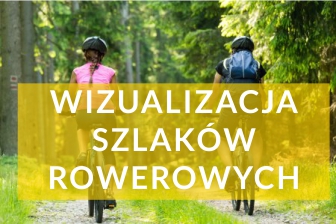

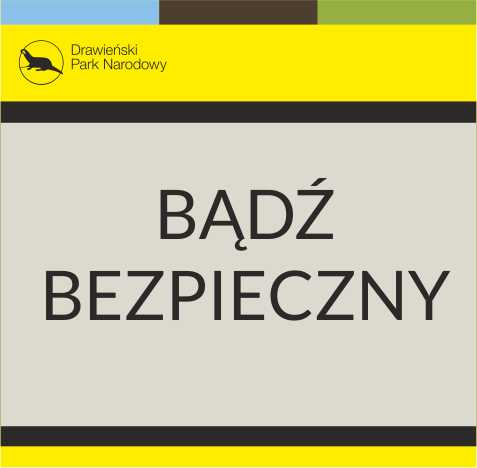
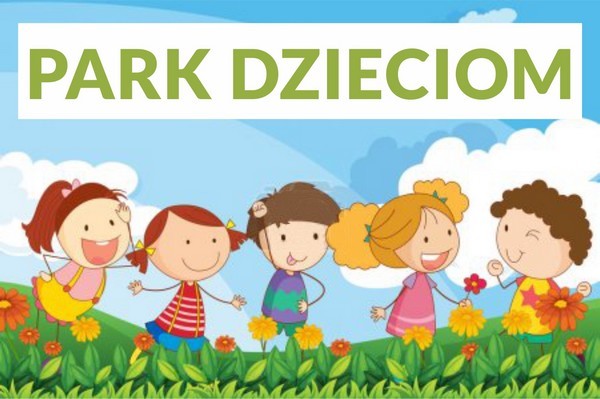
Search
Gallery
Newsletter
Będziemy informować Cię o nowościach w serwisie oraz ważnych wydarzeniach w Parku.
Contact
ul. Leśników 2, 73-220 Drawno,
tel.: (095) 768 20 51,
(095) 768 20 52
fax: (095) 768 25 10
email: [email protected]














